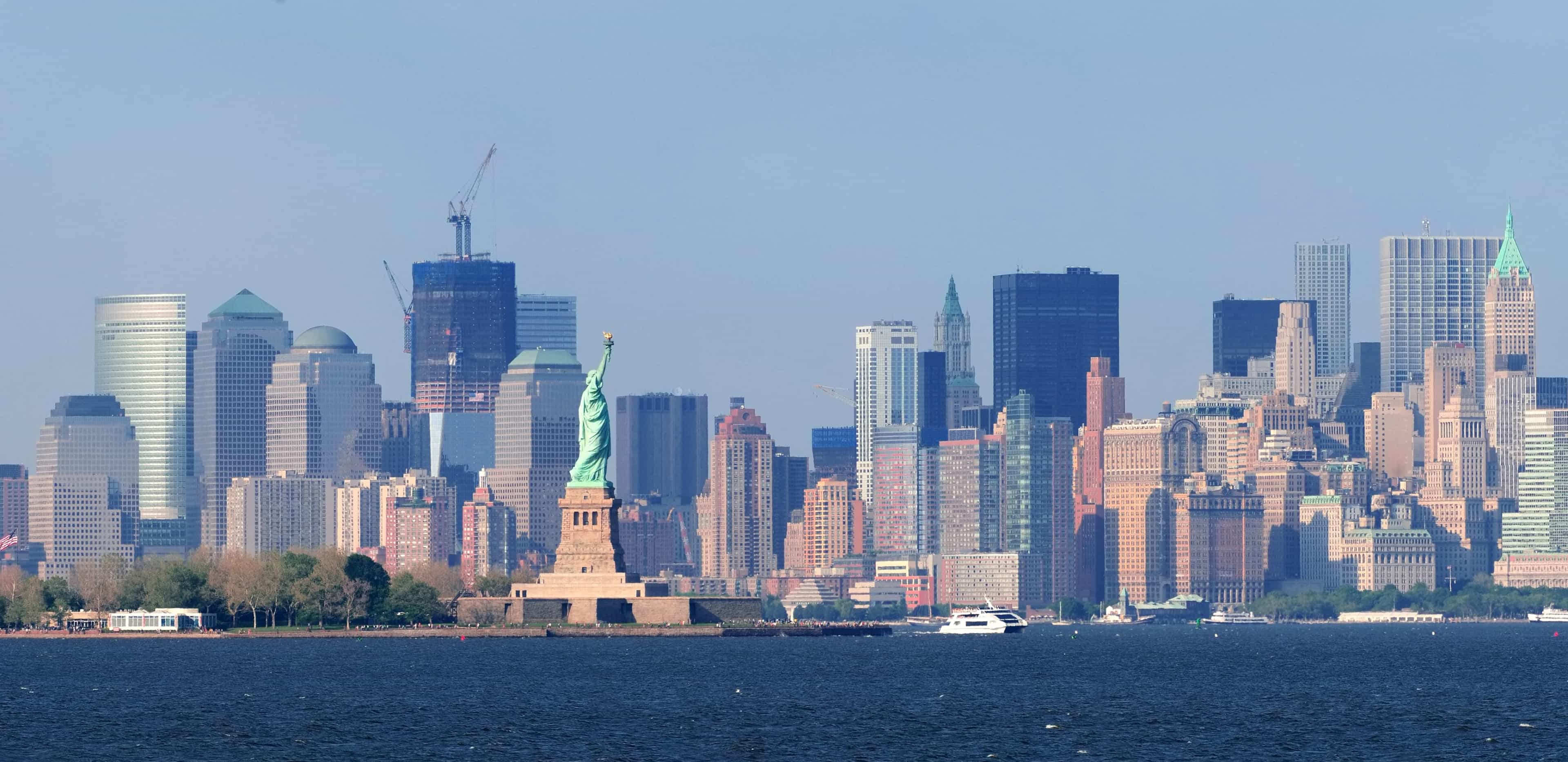

Preeti Sharma
Orenburg State Medical University
Orenburg, Russia“It provides a strong and well-structured medical education with a clear focus on academic rigor, clinical training, and professional ethics.”

No universities available for the selected country.
Please choose another country.
Our guide includes 50+ common interview questions and expert answers for every major destination.

Review your college and help other decide theirs!
Review Now!U.S. universities (especially at the undergraduate level) encourage students to explore diverse subjects before declaring a major, allowing for interdisciplinary studies and the ability to easily change majors.
The U.S. consistently dominates global university rankings. Institutions like MIT, Harvard, and Stanford are renowned for academic excellence, which significantly boosts a graduate's global job prospects.
F-1 visa students are eligible for a 12-month work authorization after graduation. Students with a STEM (Science, Technology, Engineering, and Mathematics) degree can apply for a 24-month extension (36 months total) to gain valuable U.S. work experience.
From university deep-dives to career roadmaps, access the resources that thousands of successful students trust.
Empowering 50,000+ Global Ambitions
98%
Visa Success Rate
100+
Partnered Universities
Courses, exams, scholarships, and guidance aligned to your ambitions.
Don't just take our word for it – see how our students are thriving at top-tier American universities.
Your questions, answered: Make informed decisions at every step of your study abroad adventure.
You need a high school diploma or equivalent for undergraduate studies, and a bachelor’s degree for master’s programs. Specific requirements may vary by university.
Some universities require an entrance exam, especially for competitive courses like medicine or engineering. However, many universities offer preparatory courses for international students.
Not necessarily. Many Russian universities offer English-language programs, but learning basic Russian for daily life is recommended.
Common documents include your passport, high school diploma (or equivalent), academic transcripts, and language proficiency test scores (if applicable).
Applications are typically submitted online or through the university’s international office. Be prepared to provide academic transcripts, proof of language proficiency, and passport details.
Analysis of fees, rankings, and acceptance rates.
Verified reviews by country, course, and experience.
Admissions trends, exams, and education news.
SOPs, visas, scholarships, and funding strategies.